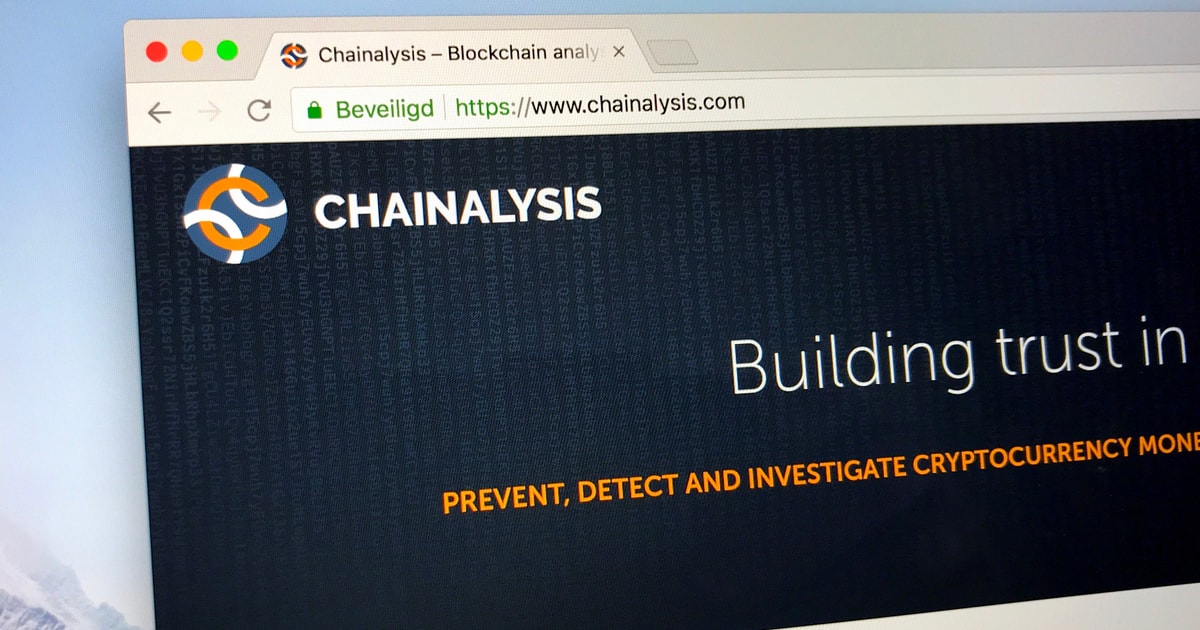James Ding Feb 13, 2025 09:00
Discover how blockchain technology is revolutionizing AI agents by providing autonomy, security, and economic independence, paving the way for a new era of digital autonomy.

As the digital world continues to evolve, the integration of blockchain technology with AI agents is beginning to unlock unprecedented levels of autonomy and efficiency. According to Sei, this fusion is setting the stage for AI agents capable of independently managing tasks ranging from financial transactions to personal scheduling.
Understanding AI Agents
AI agents are autonomous, intelligent systems that perceive their environment, make decisions, and execute actions to achieve specific goals without constant human oversight. Unlike traditional software, which operates on fixed rules, AI agents can adapt and learn from their interactions, providing a level of autonomy that is both proactive and interactive.
AI Agents vs. Traditional Software
The key distinction between AI agents and traditional programs lies in their autonomy and adaptive capabilities. While traditional software follows predefined instructions, AI agents use learned behaviors and policies to make decisions and refine their actions based on continuous learning and feedback loops.
Architectural and Infrastructure Components
AI agents rely on a sophisticated infrastructure that includes data ingestion, interpretation, decision-making, and action execution. This complex structure is supported by a robust framework that manages state, memory, and tool execution. Current advancements aim to achieve full autonomy, where agents design, build, deploy, and improve their tech stack independently.
Challenges with Traditional Web2 Systems
Traditional Web2 systems face limitations in supporting fully autonomous AI agents due to their centralized nature, which introduces bottlenecks and vulnerabilities. These systems lack mechanisms for verifiable computation and transparent auditing, hindering trust in AI agents' decision-making processes.
Blockchain as a Solution
Blockchain technology addresses these challenges by providing a decentralized infrastructure that enhances AI agents' autonomy and security. It facilitates seamless value transfer, verifiable computation, and interoperability across multiple ecosystems, empowering AI agents to operate independently without human intervention.
Conclusion
As blockchain technology continues to mature, its integration with AI agents is poised to redefine digital autonomy. By overcoming the limitations of traditional systems, blockchain-enabled AI agents promise a future where digital environments are more interconnected, efficient, and secure.
Image source: Shutterstock



 English (US) ·
English (US) ·